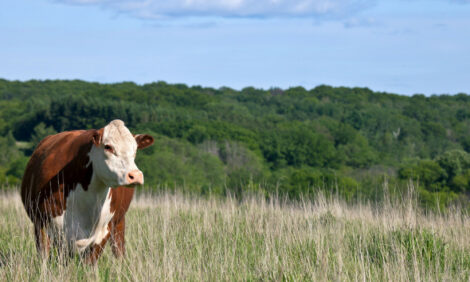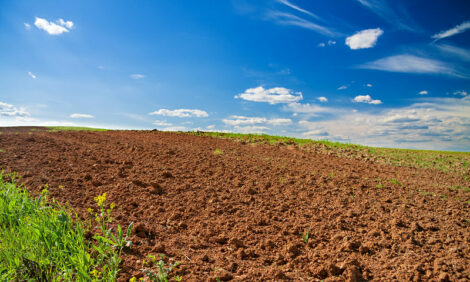



Farmers Call for Drought Declaration
NEW ZEALAND - Federated Farmers believes that if the government made a medium-scale adverse event declaration for some South Island provinces, it would give more emotional support to farmers than financial.“Adverse event declarations don’t make rainfall, but they do put a label on a serious situation, providing some comfort and support to affected farmers,” says Katie Milne, Federated Farmers Adverse Events Spokesperson.
“While the drought, in some parts of the country, has some farmers calling for a drought declaration, it has sparked questions in the media of whether farmers should be getting what is termed ‘hand-outs’ from the government. It needs to be clarified what exactly a drought declaration means.”
“Nearly all parts of Canterbury, Marlborough and North Otago are already in drought, with most parts of the country drier than usual according to NIWA soil moisture maps. The government goes through a rigorous process to classify a medium-scale adverse event. To do that in this case they need to assess the options available for farmers based on their ability to prepare for the event, likelihood and scale of the physical impact and the ability of local community to cope both socially and economically. They’ll then either classify the drought as a localised, medium-scale or large-scale adverse event, allowing the government to decide what support and recovery measures are needed.”
“If the government declares a medium-scale adverse event, much of the support made available to affected farmers will be similar to the support made to any business or family in adversity. In this case a Rural Assistance Payment programme is activated, which farmers are able to apply for. If successful it assists them with essential living costs, such as feeding their family and getting them to school.”
“It is not easy to qualify for this assistance. Out of the estimated 20,000 plus farmers affected by the 2013 drought, New Zealand’s most severe drought since 1945-46, only 146 farmers qualified for the Rural Assistance Payment. The payment is the equivalent to the current rate of the Ministry for Social Development’s Jobseeker Support at the time of the event, and is only available for a defined period of time.”
“What means the most to farmers is the supporting information put out by industry bodies, the ability to delay tax payments, and the activation of the Rural Support Trust, which are already in action. We don’t need a medium-scale adverse event declaration to know we need to be providing support and neither do the banks, which have already opened up other avenues of providing funding to tide farmers over.”
“Federated Farmers is working closely with the Rural Support Trust in providing support to farmers. The Trust is a valuable resource on the ground to advise the government on how serious the situation is and what support they need to provide. It’s a smart investment for the government when one drought can cost your economy a minimum of $1.3 billion.” (Ministry for Primary Industries, June 2013).
“Federated Farmers and the Rural Support Trust are meeting with the Ministry for Primary Industries at the end of the month, to update them on the situation.”
Ms Milne finished by saying: “If there are farm and non-farm businesses out there who are struggling, I encourage you to talk to your accountant, bank, and farm advisor if you have one. It is time to make the big calls before it’s too late.”
TheCattleSite News Desk


